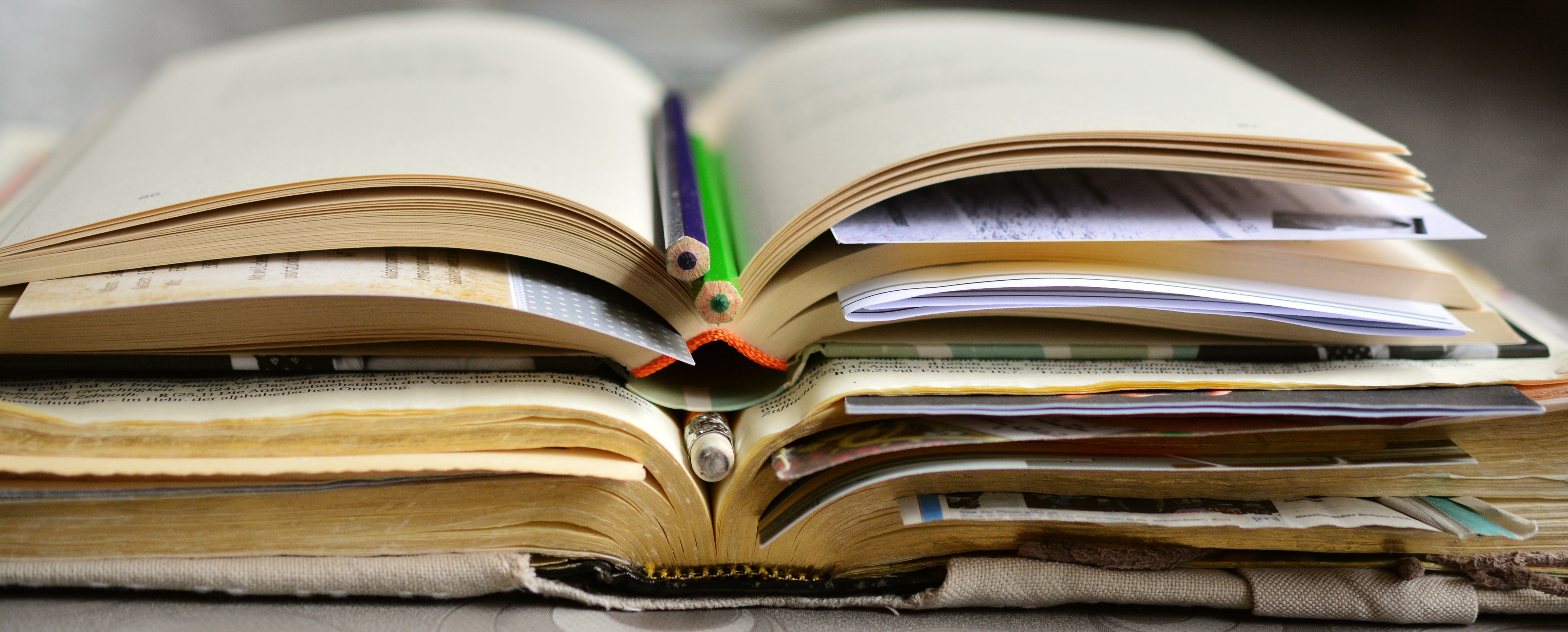We all have books we go back to time and time again. We have our fiction pile, our non-fiction pile, and our craft pile. Today, I’m sharing my favorite “go-to” pile of writing books.
In no particular order I present:
DIY MFA by Gabriela Pereira
Okay, I said “no particular order” and I do mean that, except for this book – it holds a special place in my heart. This one is brand spanking new so you may wonder how I can keep going back to something I just got.
Well, let me tell you. I took the DIY MFA 101 course (everything this book is founded on) with Gabriela. The information was overwhelming. The first time I took the course, one section in the writing component stood out for me. I had tunnel vision. The next time, there was another section that rang out loud and clear. Since you get to download the material, I would go back through different sections. Each time something either stood out as “What I need now,” or as “Oh my gosh! I get it.”
I don’t know what that says about my brain, but yeah, I went through the course materials like a bloodhound on a mission. Then Gabriela wrote the book. I was blessed that I had the opportunity to read a copy of the ARC. Since that was in eBook format, my son bought me the physical book and I’m reading it again.
The book covers everything: Idea process, the task of getting stuff done, writing tips, understanding how to read in a way that will help you as a writer, and gives you a community with which to grow and learn from others.
I can’t recommend it enough.
The Emotion Thesaurus by Angela Ackerman & Becca Puglisi
They have a whole series of books and more on the way. Why I go back to this book? We want our characters to to have emotions. Yet, we don’t want to use the same emotion over and over, because then readers roll their eyes and wander off in search of something more varied to read. This book prevents repetition and gives me the emotions I need at a quick glance.
For example: Let’s say I’m writing about a depressed character. My first thought is they are sad and holed up in their room. But how many times can you say that? Pull out The Emotion Thesaurus and flip to Depression: Here’s one, “emotional displays that seem forced.” Now I can take my character to the door and she can interact with another person, but the weak tone of voice and the dullness in the eyes deceive her enthusiastic words.
The Writer’s Digest Grammar Desk Reference by Gary Lutz & Diane Stevenson
I bought this book when I kept hearing, “This is good, but it’s too passive. Make it more active.” Since that time I’ve gotten better with active voice.
Now I use it when I’m talking with other writers or editors or other elite grammar people. One will say something like, “I hate dangling modifiers.” I nod and then as soon as I get home, I pull out the book to find out what the heck a dangling modifier is.
Outlining Your Novel by K.M. Weiland
I’m not the best outliner out there. I’ve tried the whole “by the seat of my pants” thing, but that doesn’t work so well either.
This book doesn’t expect you to begin with 1. A. II. It asks questions to get you thinking. It gives examples to knock my brain into action. Plus K.M. Weiland brought in other authors to find out how they do things that pertain to each chapter.
The best part is that she guides you through thinking about your story in a general sense rather than every moment and action laid out. This helps you get the gist of your story, you know where you’re going, but you still have room to discover the finer nuances of your characters.
Big Magic by Elizabeth Gilbert
This book is a must own because we all need a cheerleader. Elizabeth Gilbert knows how to get one’s motivation coursing no matter what it is you want to do with your life.
A dear writer friend bought this book for me and I can’t thank her enough. Anyone in a creative arena needs to have friends that support them (and don’t forget that works both ways) and they need a book that will be there 24/7. Don’t get me wrong, my friends are there for me, but if I call one of them at 5:30 in the morning asking them to give me a pep talk before I write, I’m going to hear a string of words followed by a click. Get the book, keep it by your desk and you don’t have to lose friends.
What are your favorite writing books and why?


Hi LD!
I loved Save The Cat, too. Oh my gosh, I forgot all about that one. I gave it to a writer friend who was working on screenplays.
I love Save the Cat. It’s really for writing screenplays but the advice translates to novels as well. I’ll check out a couple of yours. Thanks.